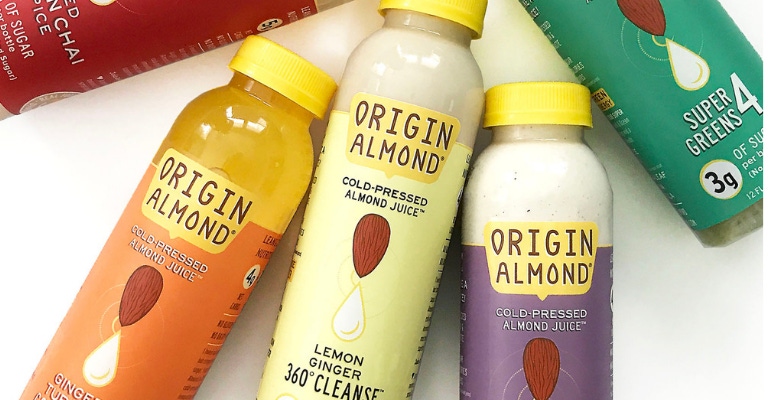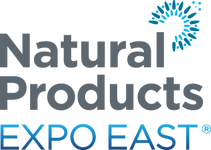Jake Deleon of Origin Almond explains how and why iterating your early-stage product can play to your advantage.

Origin Almond is an almond juice company from New Jersey that first hit Mid-Atlantic Whole Foods Market shelves in January 2017. They just officially launched on a wider scale February 2019. In their first 18 months, Origin Almond went through a rapid-iteration stage, purposefully iterating their product eight, soon-to-be nine, times. Iterating, or tweaking an existing product to make improvements, can be a tricky, endless task if approached without a strategy. But luckily, there's strategy to be found.
Jake Deleon, founder of Origin Almond, is all about iterating products early on. Deleon comes from a "big food" background, previously working with brands like Starbucks Coffee and Pringles, and he knows the importance of making changes as a smaller brand. For starters, "it gets more complicated and costly" with bigger brands, explains Deleon. So, emerging CPG brands: strategically iterating your product on a small-scale and early just might play to your advantage.
Since their first iteration, Origin Almond has achieved organic quarter-on-quarter growth of about 20%, and they're currently planning their first capital raise to fuel that growth even further. In this case, iteration has played a key role in that success.

Why are iterations important during a brand's early years?
Jake Deleon: When I started Origin Almond, we had an interesting concept and product of almond juice. The challenge for us was how to get that right positioning and product right before we were confident enough to grow it at scale. So our solution and strategy was to iterate the heck out of it in the beginning until we got to a comfortable enough level where we were confident in the product that we can fully launch.
The importance of iteration is getting that feedback and making changes to your product early on where it doesn't get too costly or too complicated down the road.
With so many iterations early on, do you have a benchmark for "success"?
JD: I think an easy way to judge is based on quantitative data. Look at your sales. How well does it sell? If you find something pre-iteration is selling at five units per week per store, and then you do an iteration, put that similar product out there that's improved, and you find that your sales go up by two units per week per store, that's a great improvement. That means something's happening.
Have you gotten any feedback from tradeshows and iterated products as a result?
JD: Yes. Even before Natural Products Expo East, we were attending other trade shows. I would always bring product with me and ask people in the industry, "What did you think?" Immediately, using their leverage and experience in the market, they would tell [me] right away, "What does this mean? Why are you doing it this way? Why don't you consider doing this?"
Even at my time last year at Expo East exhibiting, the number one thing was that [attendees] were intrigued by almond juice, but after they tasted it, I was like, "What did you like, and what would you change about it?" You get a whole wealth of information from that. A lot of good consistent feedback, and it was that consistent feedback that I immediately applied to the next iteration after Expo East.
How did you handle iterating your product multiple times while still on the shelf?
JD: Luckily for us, we were small. If you start out small enough, nobody cares what you changed. Most consumers remember bad experiences and bad taste, and they remember good experiences and good taste. If you introduce a product that tastes good and meets what they're looking for, they'll remember it.
What advice would you give emerging CPG brands around iteration?
JD: It's always tricky with an early, emerging product, because you can always change probably 2,000 things about an item. It can get as executional as changing the label from green to blue, or it can even get as deep as changing your entire formulation or removing a certain ingredient altogether.
Ask customers what's working right about it and ask them what they love about it. If you find it's not selling well or certain customer groups are not liking it, find out why. Based on that feedback, you improve. Keep repeating the process until you're comfortable with something and you find there's good traction with it as is.
Are you an early stage brand looking for the right way to scale and expand in the natural products industry? Join us at Natural Products Business School at Expo East 2019 for a day full of learning and networking purpose-built for emerging brands.

Natural Products Expo East Logo
What: Natural Products Business School (education add-on required)When: 7:30 a.m. - 4 p.m., Wednesday, Sept. 11, 2019
Where: Hilton, Key Ballroom
About the Author(s)
You May Also Like




